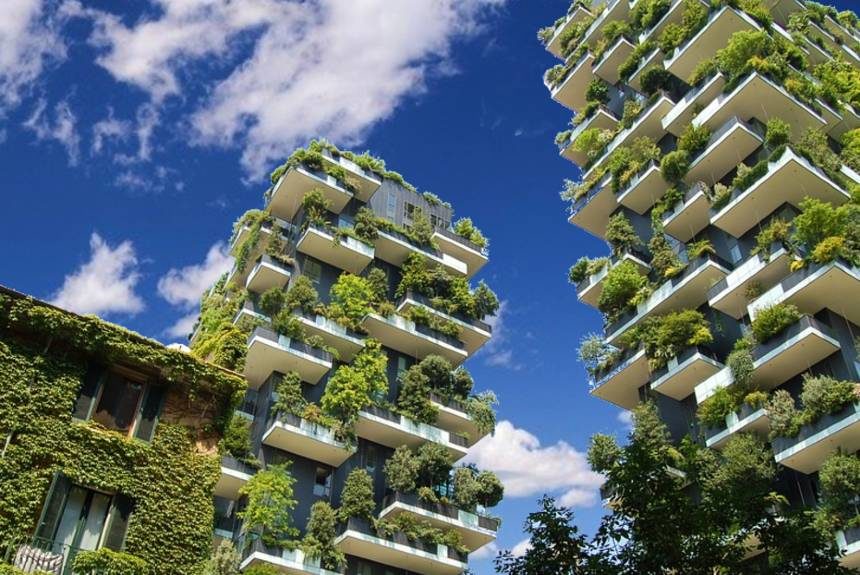The staff that designed and constructed two low carbon buildings which generate their very own vitality at Swansea College, is publishing a toolkit of the design rules that they used.

The goal is to encourage others to assemble related “Energetic Buildings” as it could drastically reduce the UK’s carbon footprint. At the moment 40% of our complete emissions come from heating and powering our buildings.
The Energetic Constructing design precept was pioneered by researchers at Swansea College’s SPECIFIC Innovation & Data Centre. It combines renewable vitality applied sciences in a single clever system, all built-in into the constructing, offering occupants with low carbon vitality for warmth, energy and transport.
It has been confirmed to work in two award-winning buildings at Swansea College’s Bay Campus – the Energetic Classroom and the Energetic Workplace – which have now been in operation for over two years. Each buildings can generate and retailer sufficient photo voltaic vitality to satisfy their very own wants, plus have sufficient left over to cost up electrical autos or share with different buildings.
The toolkit has been written to share the rules used within the Energetic Buildings and the educational from them, with the goal of encouraging others to undertake or enhance on them and to assist wider uptake of low carbon designs.
Its launch throughout SPECIFIC’s ‘Warmth Week’, elevating consciousness in regards to the problem of low carbon heating in buildings, additionally coincides with Wales Local weather Week.
Writer Joanna Clarke, architect of the Energetic Classroom and Energetic Workplace, stated “The best way we warmth and energy our buildings accounts for 40% of UK carbon emissions, and that has to vary. 85% of UK houses use gasoline boilers for heating, however they are going to be banned in new houses from 2025. The Welsh Authorities has gone a step additional by declaring that new houses should be each heated and powered from clear vitality sources by then. That’s simply 5 years away. Are we prepared?”
Professor Dave Worsley, Principal Investigator at SPECIFIC, added “This is a superb information which is able to assist designers negotiate the issues of designing Energetic Buildings. It’s freely accessible to all and has the element and references essential to assist widespread uptake of low carbon constructing design”.
“We really feel we’ve acquired some expertise to share however we’re additionally eager to be taught from others. Change can solely occur if the entire sector works collectively.”
The toolkit is offered at: specific.eu.com/what-are-active-buildings/#toolkit.
SPECIFIC’s work is funded by the European Regional Improvement Fund by way of the Welsh Authorities, Innovate UK, and EPSRC.




